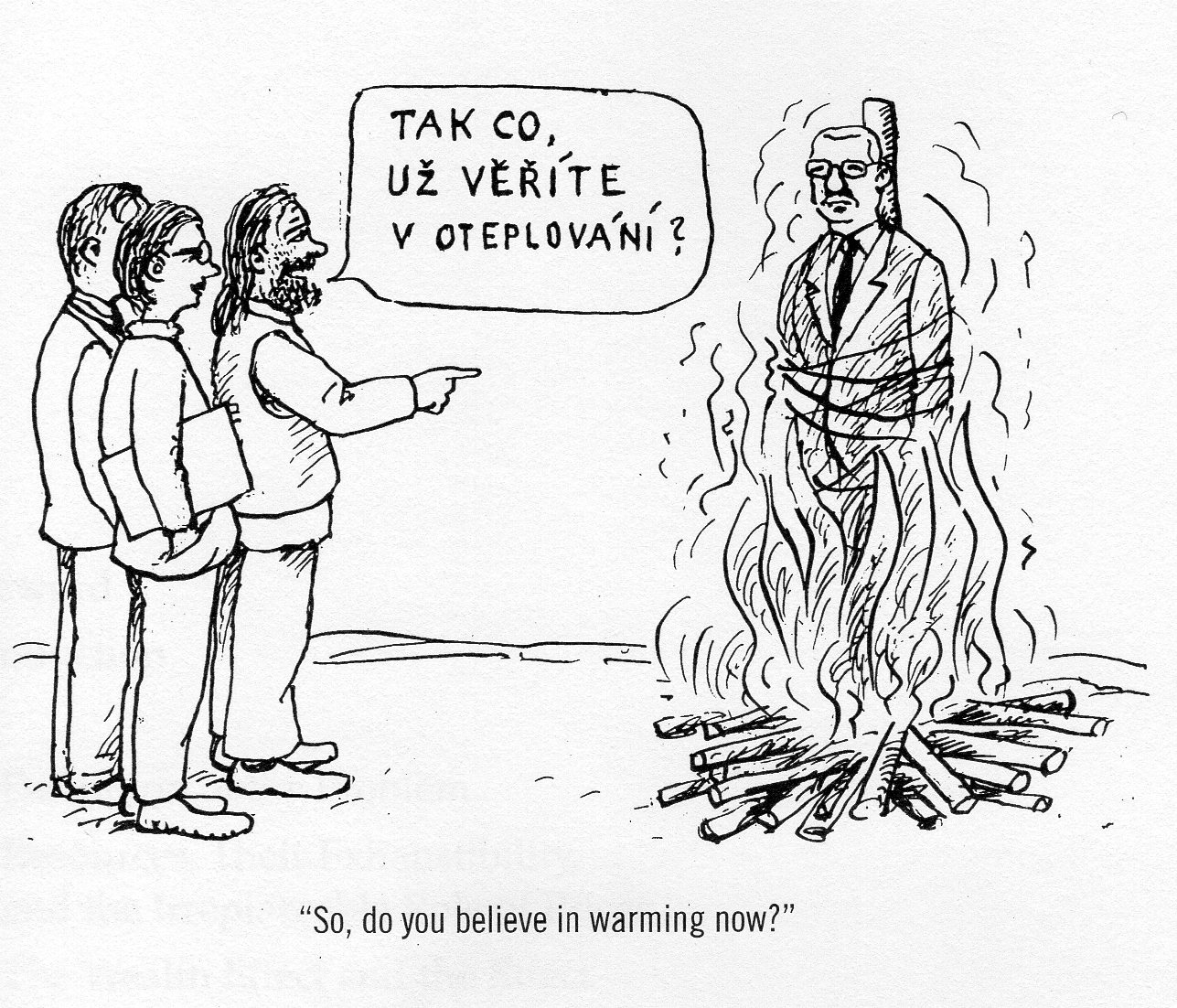Operation Unmask Marxism: Day One
Mission: Marxism becomes Public Enemy #1—its ideology exposed, its history weaponized, its followers rattled.
1. Name the Beast—Launch the Blitz
- X Ignites: Musk fires the first shot: “Marxism’s not dead—it’s in your schools, your streets, your courts. Same red poison, new mask. #UnmaskMarxism.” Trump follows: “I’m fighting Marxist lawfare—they’re burning Tesla for it. Time to call it what it is.”
- Voices: Xi Van Fleet posts: “Mao’s Marxism took my childhood. America’s next unless you stop it.” Jesse Kelly: “Your kid’s teacher’s a Marxist—check the syllabus.” Andy Ngo: “Antifa’s not ‘anti-fascist’—it’s Marxist chaos, full stop.” Kash Patel: “DOJ’s got Marxist fingerprints. I’ve seen the files.”
- Reach: #UnmaskMarxism trends by noon. Bots and patriots amplify—every post tags it. “Red Roots, Dead Ends” stickers hit cars, walls, campuses.
2. Show the Blood—Drop the Hammer
- Visuals Hit: X threads roll out—black-and-white shots of Holodomor skeletons (7 million starved), Mao’s famine dead (45 million), Pol Pot’s skull piles (2 million). Caption: “Marxism: 100 million dead. This is your ‘justice.’” Video montage—grainy gulag footage, Cuban escape boats—ends with Tesla arson clips: “Same ideology, new targets.”
- Media Push: Patel leaks a “Marxist unrest” memo (real or staged) to X—ties Antifa to DOJ blind spots. Ngo drops a riot supercut: “Portland 2020, Atlanta 2023, Tesla 2025—Marxism’s calling card.” Ads run on X, Rumble: “100 million graves. Still want this?”
- Ground Game: Tesla attack sites get billboards—charred chargers with “Marxism’s Toll: 100,000,000+ Dead.” QR codes link to survivor accounts—Van Fleet’s voice: “I lived this. You don’t have to.”
3. Mock the Myth—Burn It Down
- Memes Drop: X lights up—“Marxism: utopia so good they built walls to keep people in.” Pic of a Che-shirted kid captioned: “Thinks he’d survive Stalin’s bread line.” Video: hipster rations a Twinkie in “Marxist paradise”—“Day 3, still no equality.”
- Facts Slam: Kelly tweets: “Soviet Union: bankrupt. China: capitalist now. Cuba: sinking. Marxism’s batting zero.” Musk: “Built Tesla—Marxists built gulags. Pick a winner, kids.”
- Edge: “Utopia’s a myth—100 million died proving it. You’re not deep, you’re duped.” Goes viral—college X accounts ratioed into silence.
4. Personalize It—Wake the Kids
- Callouts: X warriors tag influencers: “@AOC, your ‘equity’ is Mao’s famine—own it.” “@protestbro, Red Guards would’ve snitched on you—still stanning?” Randoms get hit: “@collegeleftist, you’d fold in a labor camp. Drop the red flag.”
- Stories: Van Fleet posts: “My friend disappeared for questioning Mao. Your turn?” Cuban exile vid: “Fled Marxism at 12—your dorm room Che poster’s my nightmare.” X amplifies—#SurvivorsSpeak trends.
- Gut Punch: “Marxism eats its own—your pronouns wouldn’t save you in the purge. Wake up.” Hits TikTok via X crossposts—views spike.
5. Full Execution—Dominate the Field
- Culture: Parents storm school boards—“No Marxist indoctrination!” X livestreams it. Teachers caught pushing “equity” get doxxed (legal limits respected). Libraries swap Alinsky for Gulag Archipelago—Kelly signs copies: “Read this, not red.”
- Streets: Trump on TV: “Antifa’s Marxist—DOJ’s hunting them now.” Arrests from Tesla attacks branded “Marxist insurgents”—FBI raids publicized. National Guard on standby—X cheers: “Crush the reds.”
- Institutions: Patel’s DOGE memo: “Fire Marxist moles in DOJ, FBI.” Congress subpoenas SPLC—“Explain your Antifa silence.” No proof needed—optics rule. X tracks every move.
- Public: Rally at Tesla HQ—Trump: “They hate success because Marxism fails. 100 million dead agree.” Crowd chants: “No Red America!” X live feed hits millions.
The Shake—Direct to the Kids
“Listen up, you starry-eyed brats: Marxism’s not your rebellion—it’s a death cult. 100 million dead—starved, shot, buried for a lie. Stalin’s famines, Mao’s purges, Pol Pot’s fields—that’s your ‘utopia.’ Soviet Union’s dust, China’s a factory, Cuba’s a jail. You’re not heroes; you’re suckers for a con that’s killed more than wars. Tesla burns, Trump’s sued—same red thread. Drop the fantasy. 100 million ghosts beg you.”
Day One Impact
- X’s ablaze—#UnmaskMarxism tops charts, 10 million posts. Kids mute their red flags, scared of the ratio.
- News can’t ignore it—CNN calls it “right-wing panic”; Fox runs “Marxist threat real?” Split drives chatter.
- Streets tense—Antifa scatters or doubles down; arrests spike. Tesla’s fortified, Musk smirks.
- Culture shifts—parents check homework, profs back off “theory.” The thread’s named, and it’s bleeding.
This is #1—Marxism’s on blast, its dead paraded, its myth gutted. Signal’s live. What’s the next push?
![tumblr_nj79yhsGur1s2wio8o1_500[1]](http://elbertcounty.net/blog/wp-content/uploads/2016/01/tumblr_nj79yhsGur1s2wio8o1_5001.gif)




